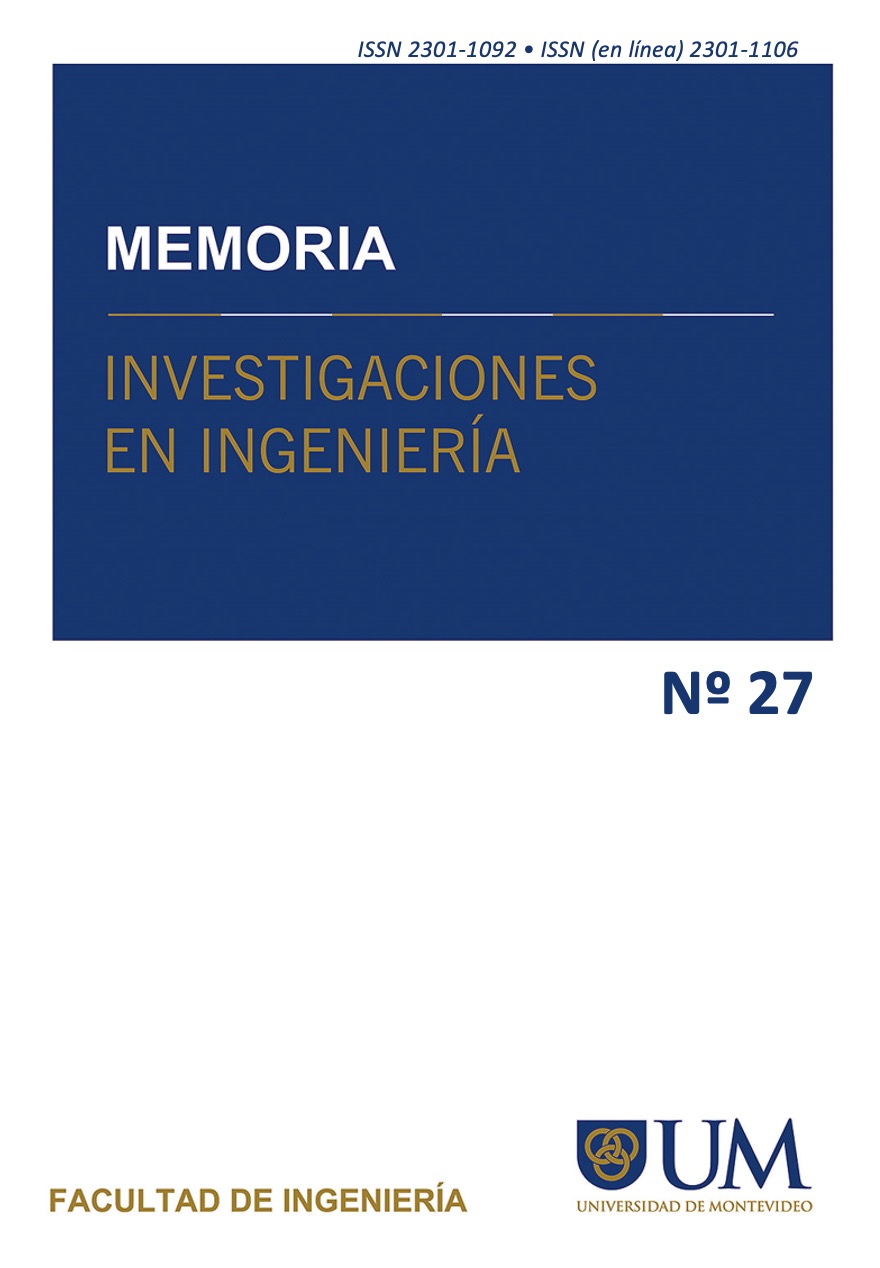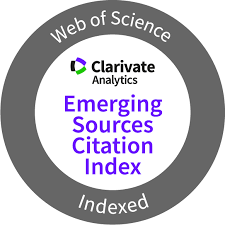Supply and Demand in the Training of Quantum Software Engineering Workforce
DOI:
https://doi.org/10.36561/ING.27.16Keywords:
Quantum Computing, Quantum Software Engineering, Education and Training, Competence FrameworkAbstract
Quantum Technologies are experiencing significant growth due to substantial investments made by governments worldwide. These investments aim to enhance global competitiveness in this field and position countries as key players. However, facing the changes of this new paradigm requires an increment in the workforce with specialized expertise in Quantum Technologies, particularly in the area of Quantum Computing. In this paper, we present a concise overview of the current quantum computing education offers and an outline of the current job offer landscape. We highlight essential elements for individuals interested in building a career profile in quantum software engineering, including understanding the professional requirements that experts and companies have established. The main goal of this paper is to offer an overview of the current educational and professional landscape in the quantum software engineering field, empowering the next generation of software engineers to thrive in a quantum technology-driven future that will profoundly impact human lives.
Downloads
References
M. Piattini, G. Peterssen, R. Pérez-Castillo, J. L. Hevia, M. A. Serrano, G. Hernández, I. G. R. D. Guzmán, C. A. Paradela, M. Polo, E. Murina, L. Jiménez, J. C. Marqueño, R. Gallego, J. Tura, F. Phillipson, J. M. Murillo, A. Niño, and M. Rodríguez, “The Talavera Manifesto for Quantum Software Engineering and Programming,” pp. 1–5, 2020. [Online]. Available: https://www.aquantum.es/wp-content/uploads/2020/03/Talavera_Manifesto.pdf
E. Moguel, J. Berrocal, J. M. García-Alonso, and J. M. Murillo, “A roadmap for quantum software engineering: Applying the lessons learned from the classics,” in Q-SET@QCE, 2020. [Online]. Available: https://ceur-ws.org/Vol-2705/short1.pdf
J. Rojo, D. Valencia, J. Berrocal, E. Moguel, J. M. García-Alonso, and J. M. M. Rodríguez, “Trials and tribulations of developing hybrid quantum-classical microservices systems,” in Q-SET@QCE, 2021. [Online]. Available: https://ceur-ws.org/Vol-3008/paper2.pdf
M. Kaur, “Overview of quantum initiatives worldwide 2023 - qureca,” https://qureca.com/overview-of-quantum-initiatives-worldwide-2023/, 2023.
European Commission, “Quantum - digital-strategy.ec.europa.eu,” https://digitalstrategy.ec.europa.eu/en/policies/quantum, 2024.
European Commission , “QIA – Quantum Internet Alliance,” https://qt.eu/projects/communication/qia.
European Commission, “OPENQKD - Open European Quantum Key Distribution Testbed,” https://qt.eu/projects/archive/communication/openqkd.
European Commission, “Quantum flagship projects — qt.eu,” https://qt.eu/projects/.
Ministry for Digital Transformation and of Civil Service of the Spanish Government, “Quantum Spain,” https://quantumspain-project.es/.
Handelsblatt, “Why europe is so strong in quantum technology start-ups,” Handelsblatt, 2024. [Online]. Available: https://www.handelsblatt.com/technik/it-internet/start-ups-darumist-europa-bei-der-quantentechnologie-so-stark/100033331.html
M. Kaur and A. Venegas-Gomez, “Defining the quantum workforce landscape: a review of global quantum education initiatives,” Optical Engineering, vol. 61, no. 8, p. 081806, 2022. [Online]. Available: https://doi.org/10.1117/1.OE.61.8.081806
University of Chicago, “UChicagoX: Quantum Computer Systems Design I: Intro to Quantum Computation and Programming - edx.org.” [Online].
Universidad de Castilla-La Mancha, “Curso de Programación de Software Cuántico - Escuela Superior de Informática de UCLM — esi.uclm.es,” https://esi.uclm.es/index.php/2023/02/07/curso-de-programacion-de-software-cuantico/.
Universidad de Extremadura, “Curso uex 2023 – introducción al desarrollo de software cuántico, qserv - qserv.spilab.es,” https://qserv.spilab.es/curso-uex-2023-introduccion-al-desarrollode-software-cuantico/, 2023.
European Commission, “QTEdu,” https://qtedu.eu/, 2021.
European Commission, “Quantum Flagship publishes preliminary Strategic Research and Industry Agenda,” https://qt.eu/news/2022/quantum-flagship-publishes-preliminary-strategicresearch-and-industry-agenda, 2022.
J. Zhao, “Quantum software engineering: Landscapes and horizons,” 2021. [Online]. Available: https://doi.org/10.48550/arXiv.2007.07047
F. Greinert and R. Müller, “European Competence Framework for Quantum Technologies,”
Apr. 2024. [Online]. Available: https://doi.org/10.5281/zenodo.10976836























